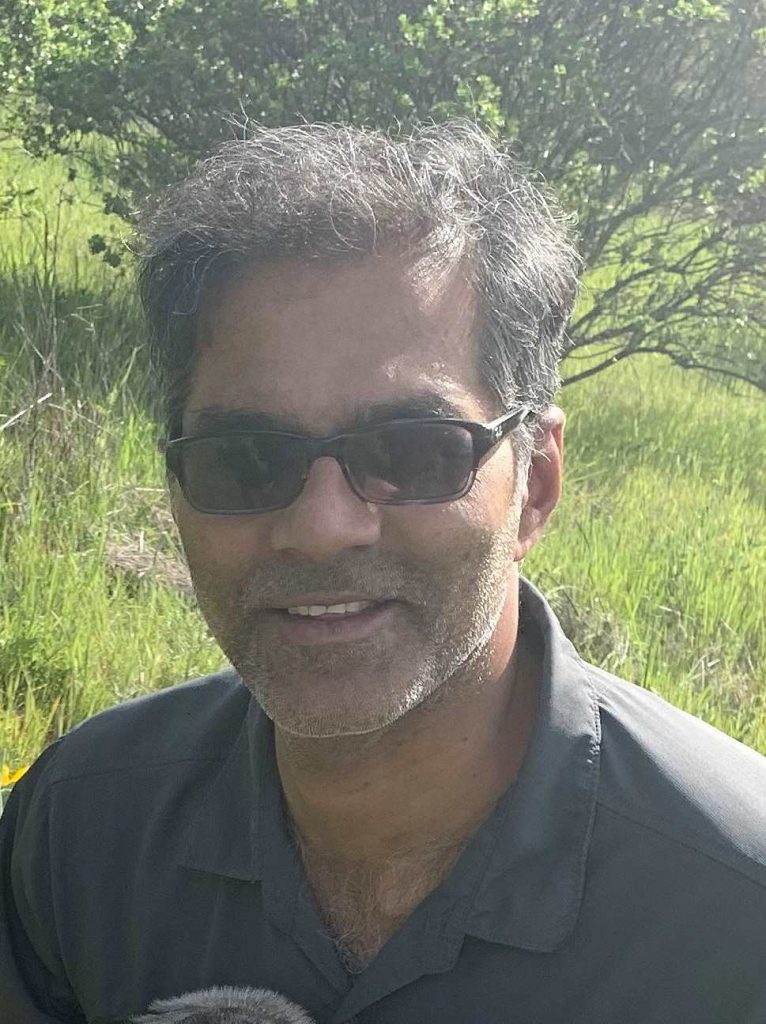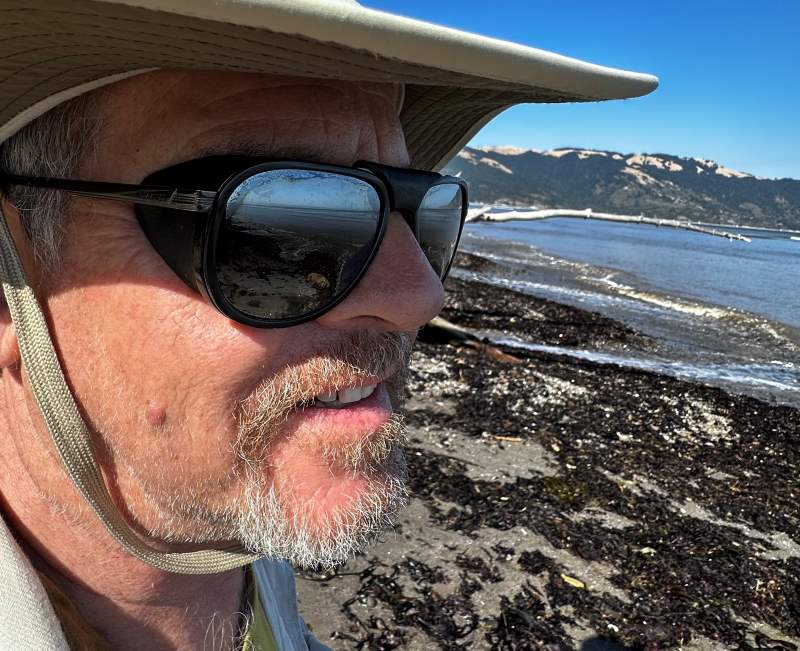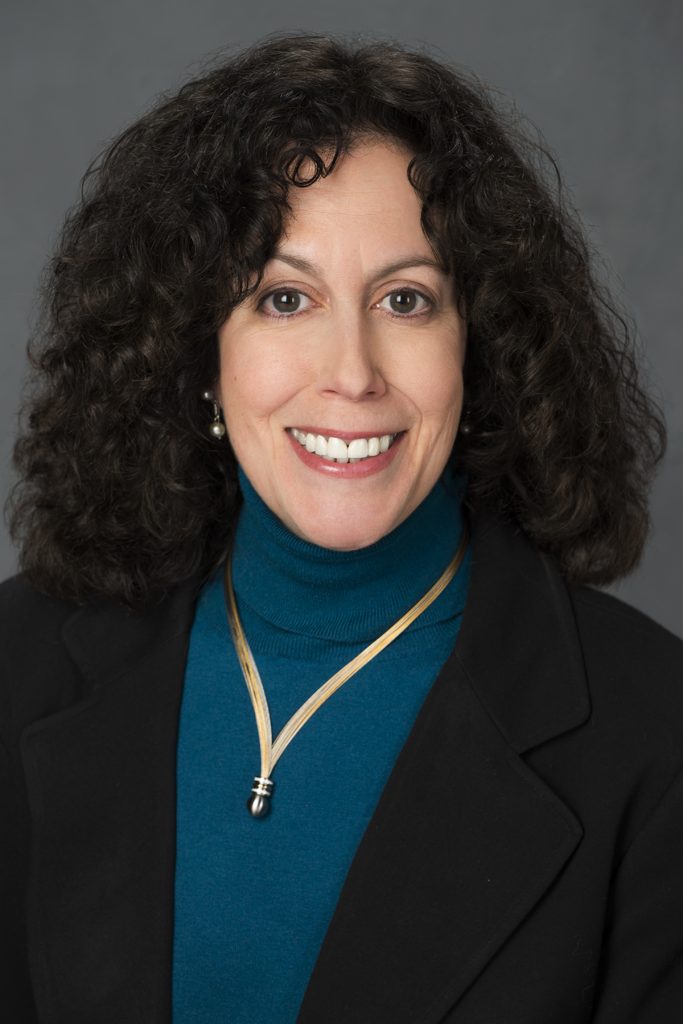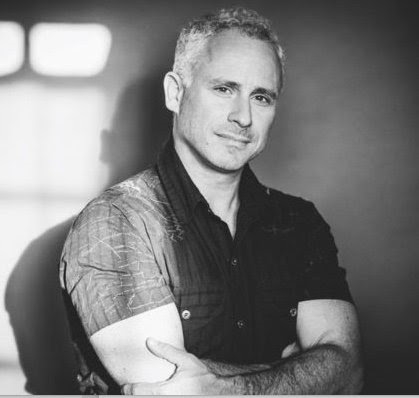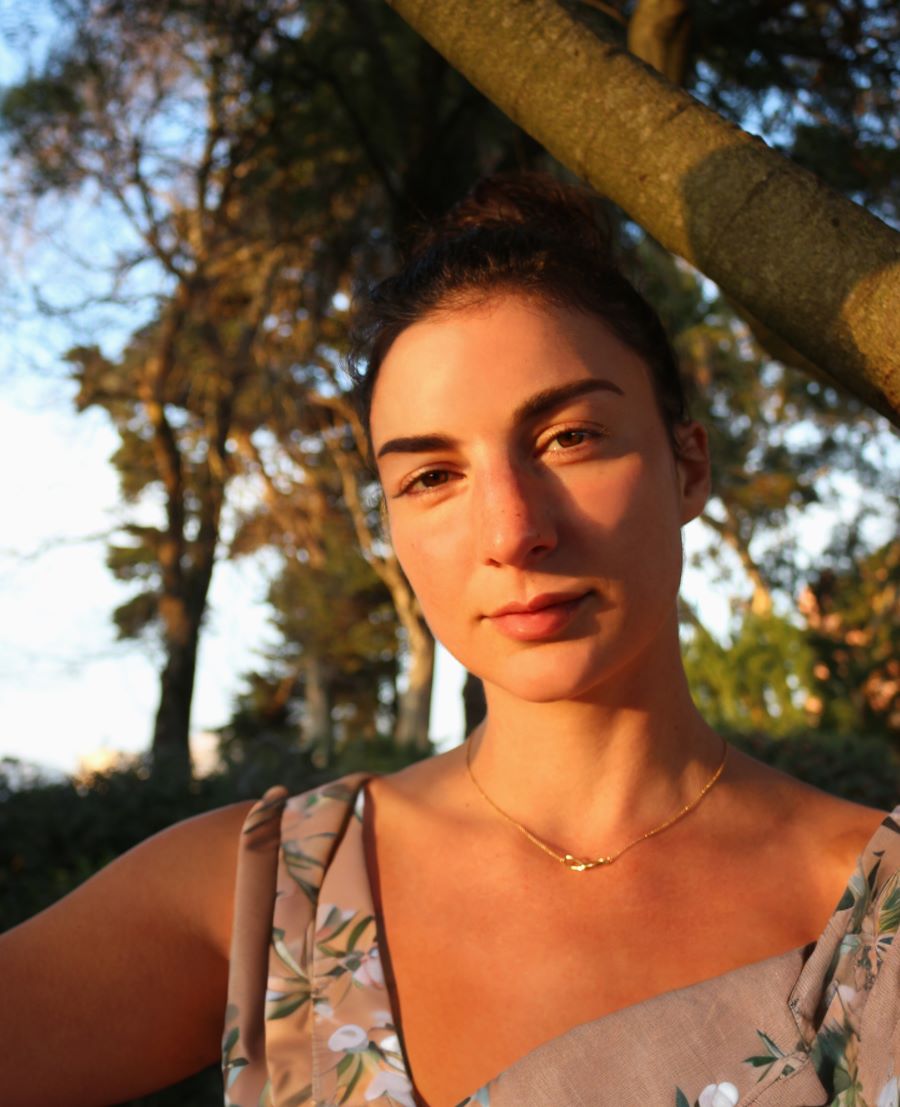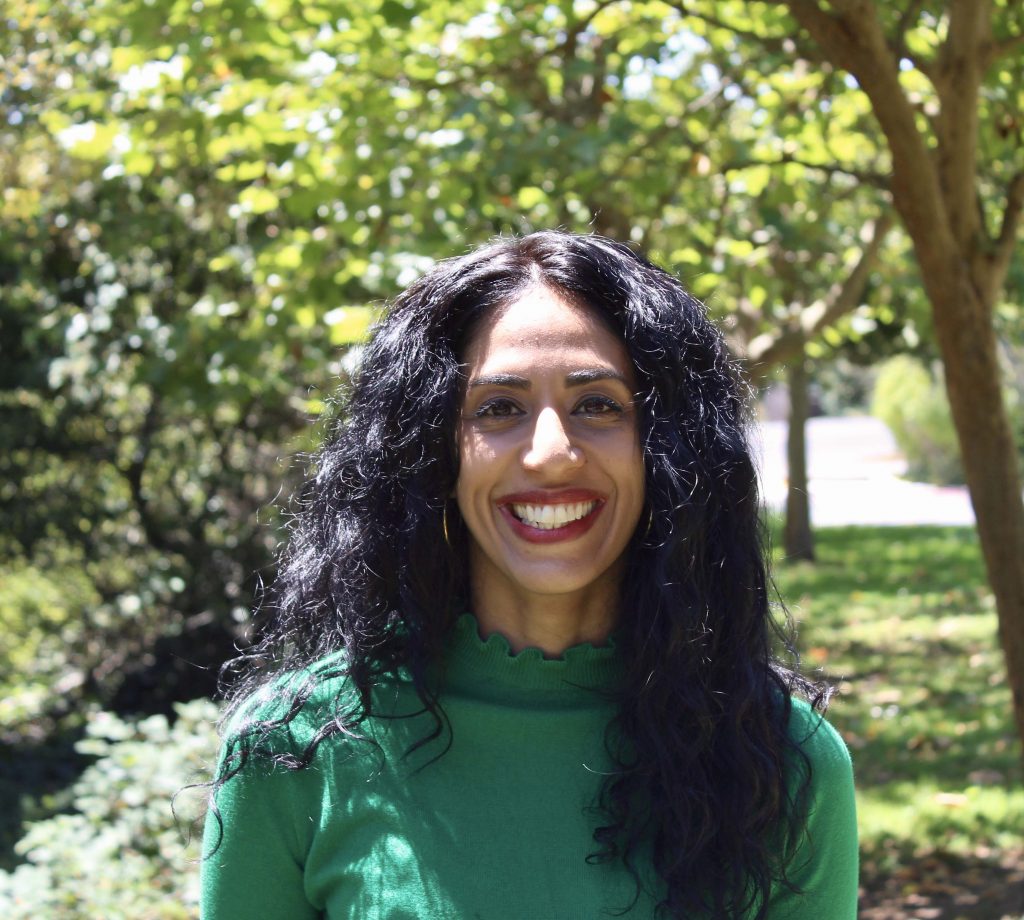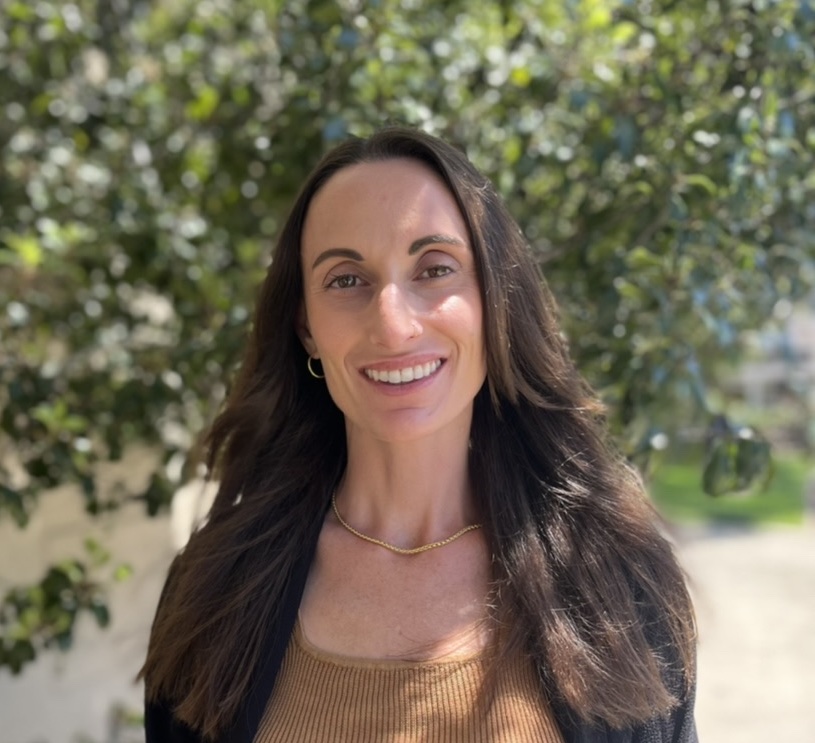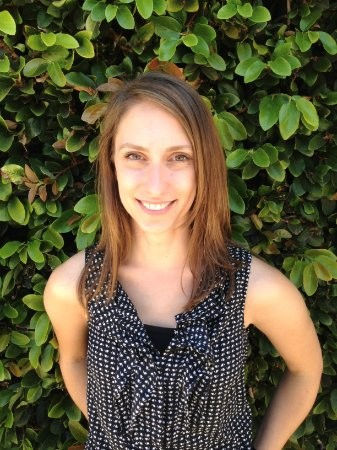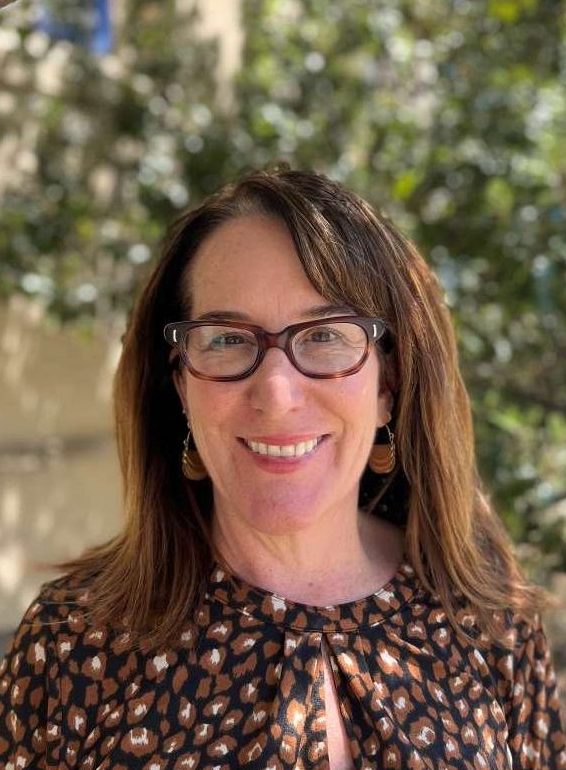If you are interested in referring your client for Ketamine Assisted Psychotherapy (KAP) with us, we will want to coordinate care with you.
The ketamine experience provides an expanded state of consciousness, and in this space, clients are able to work with emotions, memories and beliefs in new ways. The 3 days following the ketamine session are considered to be a time where people are more able to learn new behaviors and/or perceive things outside of their default ways of seeing and doing. We will talk with our mutual client about what might be shared between us, and assuming our mutual client agrees, will leave you a brief message after expanded state sessions to let you know how it went.
Most clients leave expanded state sessions with suggestions about what would support their integration process. Many sessions involve a combination of access to memories, emotions, sensations and non ordinary states of consciousness. We encourage you to discuss the sessions, as well as post session observations with your client.
Please see our page on Ketamine Assisted Psychotherapy for more information about the treatment process and ketamine itself.
Please visit our fees page for more information about cost.
You can reach out here if you have further questions.

